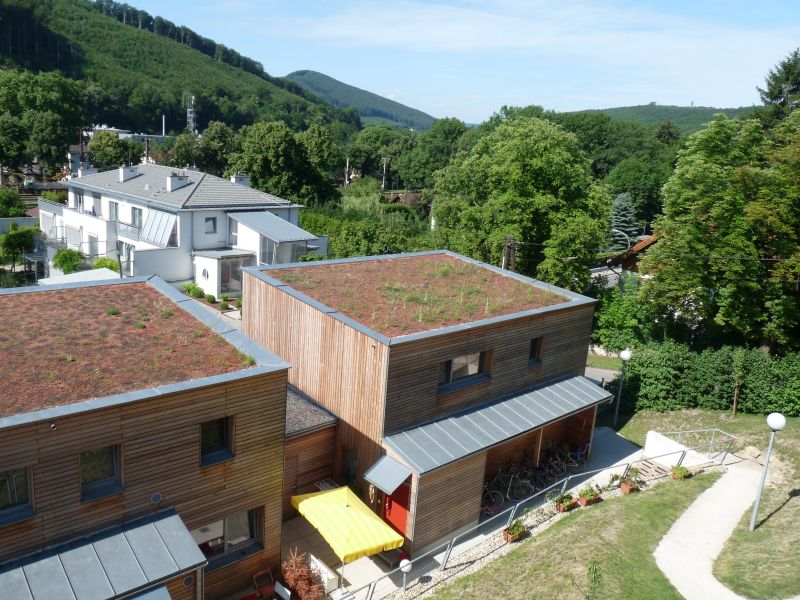Intelligent buildings
Intelligent building ensures an optimal internal environment for the comfort of persons or manufacturing production through building design, environmental engineering, control systems, services, and management. It is economically efficient, energy efficient, offers healthy and pleasant internal environment and allows for reconfiguration and multi-purpose use. This includes advanced systems for measurement, monitoring, and control, and also an integration of intelligent devices into the building elements, advanced building materials, intelligent materials and structures and integration of existing systems.
The program prepares professionals for the design, construction, and management of modern buildings and the development and manufacturing of components for these buildings. Graduates will find employment
- in architectural studios in the conceptual designs of buildings and addressing the needs of a general optimal indoor environment
- in construction and supply companies in the process of negotiation and execution of contracts with investors in the preparation of investment plans and monitoring delivery of work on construction sites
- in the management and operation of the plant and environmental engineering of large buildings such as the facility management companies,
- in public administration (civil authorities, government regulation bodies)
- in consulting and research organizations.
Master's degree program Intelligent Buildings at the Czech Technical University (CTU) in Prague, Czech Republic
The two-year master's degree program Intelligent Buildings is jointly taught by the faculties (= schools) of civil, mechanical and electrical engineering of CTU. Accreditation was granted to study conducted in the Czech language, and we do accept international students.
The study program is suitable not only for graduates of undergraduate programs but also as an extension of qualification for graduates of other master's programs. Admission is possible to all participating faculties. The study program was prepared in close cooperation with major companies on the related market.
Study Plan
Nine common compulsory courses
- taught by the Faculty of Civil Engineering:
Building Thermal Technology
Energy audits of buildings
Ecological Building Systems - taught by the Faculty of Mechanical Engineering:
Control in environmental engineering
Heating (radiant and industrial)
Air conditioning and industrial - taught by the Faculty of Electrical Engineering:
Information and Knowledge Systems
Sensors and Networks
Electric power and drives
Two semester projects
Thesis
Overall, each student must obtain 120 ECTS credits. Each student cooperates with a tutor in the selection of curriculum concerning previous educational profile of the student. Each semester study plan is approved by the tutor. Recommended curricula were developed in three variants according to the field of the previous study:
- electronics / informatics
- civil engineering
- mechanical engineering
Individual learning plans will be based on these sample plans of study.
